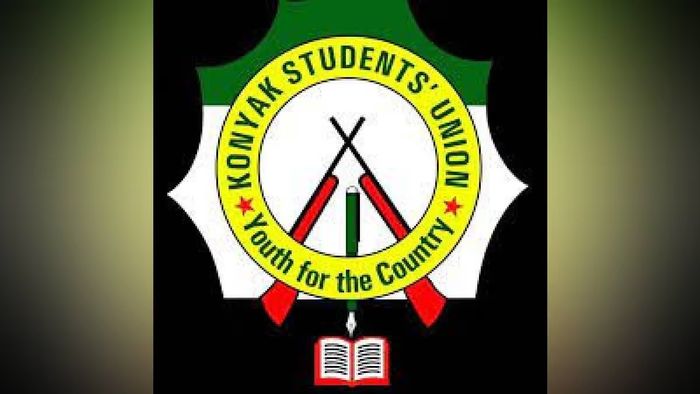Nagaland: Konyak Students' Union demands rollback of ‘unjust’ faculty regularisation, slams edu minister
The Konyak Students' Union (KSU) has issued a strongly worded statement expressing deep disappointment and disillusionment over what it calls the "blatant exploitation" of Wangkhao Government College by Nagaland’s Higher Education Minister, Temjen Imna Along.

- Apr 22, 2025,
- Updated Apr 22, 2025, 7:43 PM IST
The Konyak Students' Union (KSU) has issued a strongly worded statement expressing deep disappointment and disillusionment over what it calls the "blatant exploitation" of Wangkhao Government College by Nagaland’s Higher Education Minister, Temjen Imna Along.
The union accused the minister of using the persistent challenges faced by the college as a convenient excuse to justify the controversial regularization of 147 Assistant Professors and a librarian.
Wangkhao Government College, the lone institution of higher education in Mon District and one of the oldest in Nagaland, has long been plagued by a shortage of faculty.
The KSU alleged that this crisis has only worsened due to the systematic deployment of appointed professors to other locations, even as they continue to draw salaries from Wangkhao College.
While the KSU has repeatedly advocated for filling the vacant teaching posts, the union clarified that it has never supported ad-hoc or contractual appointments being made permanent. Instead, the student body emphasized its commitment to a transparent and merit-based recruitment process, in accordance with institutional norms.
Also Read: Nagaland business body declares indefinite shutdown from April 24 over ULB nomination row
“It is deeply disheartening,” the KSU said, “that our college is being invoked as a justification for the sweeping regularization of these faculty members. We ask the government directly: was this decision solely prompted by the situation at Wangkhao Government College?”
Calling the move unjust and opaque, the union stated that the concerns of Mon’s only college are being politically manipulated, rather than genuinely addressed. The KSU reiterated that the lack of permanent, qualified faculty has severely affected the academic prospects of students in the district.
In a clear message, the Konyak Students' Union declared its solidarity with affected aspirants and students across Nagaland and demanded a complete rollback of the regularization order. The union has also hinted at taking further steps if the government fails to heed their concerns.
The controversy has sparked debate in academic and political circles, with growing calls for transparency and equity in higher education appointments across the state.